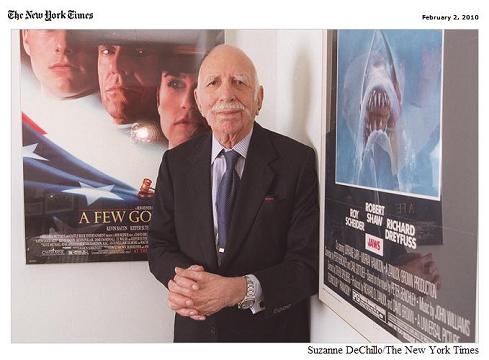From a weblog post by John Baez this evening —
From a Log24 search for "Venn Lotus" —

Continues. The Chanel mandorla in the previous post
suggests a review of a more complex figure — The Venn Lotus.
Politically correct leftists may be reminded of Intersectionality.
A search for images related to Joseph T. Clark, Society of Jesus,
(author* of a quote in today's noon entry) yields—
"Heaven, I'm in heaven" — First words of "Purple Rose of Cairo"
* Very likely the same Joseph T. Clark, S. J. (1911-1989) who taught at Canisius College.
See also a prequel to
Ramanujan’s Flowering Tree—
* “Every city has its gates, which need not be of stone. Nor need soldiers be upon them or watchers before them. At first, when cities were jewels in a dark and mysterious world, they tended to be round and they had protective walls. To enter, one had to pass through gates, the reward for which was shelter from the overwhelming forests and seas, the merciless and taxing expanse of greens, whites, and blues–wild and free–that stopped at the city walls.
In time the ramparts became higher and the gates more massive, until they simply disappeared and were replaced by barriers, subtler than stone, that girded every city like a crown and held in its spirit.”
— Mark Helprin, Winter’s Tale
Today's New York Times on a current theatrical presentation of The Great Gatsby—
"Throughout the show, the relationship between what is read and its context keeps shifting, with the real world finally giving way entirely to the fictive one."
"This fella's a regular Belasco."

David Brown, producer. Brown died on Monday.
From The Diamond as Big as the Monster in this journal on Dec. 21, 2005–
"At the still point, there the dance is.” –T. S. Eliot, Four Quartets
Eliot was quoted in the epigraph to the chapter on automorphism groups in Parallelisms of Complete Designs, by Peter J. Cameron, published when Cameron was at Merton College, Oxford.
“As Gatsby closed the door of ‘the Merton College Library’ I could have sworn I heard the owl-eyed man break into ghostly laughter.” –F. Scott Fitzgerald
Related material: Yesterday's posts and the jewel in Venn's lotus.
This journal on Aug. 17, 2008:

That post linked to an earlier post illustrating
the triangle formed by Harvard, by the
Mystic River at Somerville, and
by Bunker Hill Community College–

That post also linked to the Wikipedia article
Triangulation, which now states that
“Some members of the U.S. Democratic
Party, in particular the left, insist that
triangulation is ‘dead.'”
Perhaps. Click the image below
for some background.
For a view of Somerville from Harvard for Zinn,
see May 31, 2006. For a view of Summertime
for Auchincloss, see the NY Times obituary
of a political figure who died on Sunday.
On that day, this journal pictured a different
metaphor from Robert Stone’s Father Egan—
the jewel in the lotus–
Euclid’s classic construction
of the equilateral triangle
offers a different view of
the jewel in Venn’s lotus–

For a more poetic approach to
this metaphor, see Log24 on
another Sunday– July 1, 2007.
Happy birthday, Rick Warren.
More Than Matter
| Wheel in Webster’s Revised Unabridged Dictionary, 1913
(f) Poetry The burden or refrain of a song. ⇒ “This meaning has a low degree of authority, but is supposed from the context in the few cases where the word is found.” Nares. You must sing a-down a-down, An you call him a-down-a. O, how the wheel becomes it! Shak. |
“In one or other of G. F. H. Shadbold’s two published notebooks, Beyond Narcissus and Reticences of Thersites, a short entry appears as to the likelihood of Ophelia’s enigmatic cry: ‘Oh, how the wheel becomes it!’ referring to the chorus or burden ‘a-down, a-down’ in the ballad quoted by her a moment before, the aptness she sees in the refrain.”
— First words of Anthony Powell’s novel “O, How the Wheel Becomes It!” (See Library Thing.)

Related material:
Photo uploaded on January 14, 2009
with caption “This nothing’s more than matter”
and the following nothings from this journal
on the same date– Jan. 14, 2009—
“And the lotos rose, quietly, quietly,
The surface glittered out of heart of light…”
— Four Quartets, quoted here
November 22, 2004
Powered by WordPress